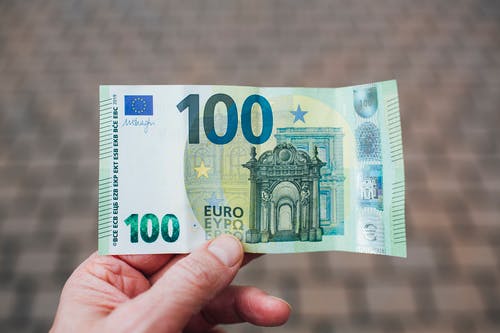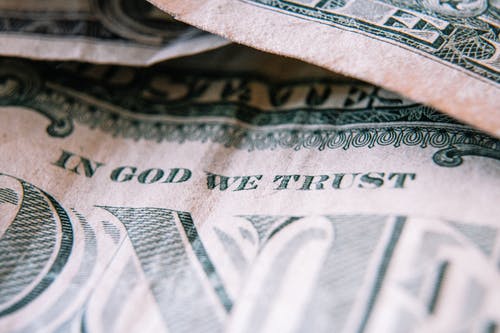An Emergency Fund – Planning For the Unplannable
You may have heard the term “emergency fund” before. Many personal finance experts will speak of one when discussing budgeting or other domestic financial issues. This is sound financial advice to be sure, as an emergency fund provides both financial stability and peace of mind. To best take advantage of an emergency fund, however, one first must know the purpose and how to start one.
The Unexpected Will Happen
Life’s unpredictability is one of it’s defining features. That same feature can work against you. This isn’t just major, life-defining events either. One set of 18 inch tires, in the event of wear, can cost hundreds of dollars. A roof leak or more serious car trouble can be threefold more expensive.
A large portion of the population don’t have that saved if they needed it. Incidents like that are exactly why you should have an emergency fund.
START SMALL, BUT START SMART
If you are planning an emergency fund, it will be good (if not necessary) to have first drafted some sort of preliminary budget. Saving more than you realistically can, could cause other problems, such as increased credit card usage. Your end goal should be to have three to six months of expenses saved, but the rate at which you get there is going to be determined by your budget.

After looking at your take home pay and deducting your fixed expenses such as rent, utilities, and car payments, you are left with your disposable income. A good portion of this should be set aside for your emergency fund.
The exact amount will vary based on your individual situation. If, for instance, you are the sole income earner in a household of four, you may want to have a larger percentage of your income devoted to this emergency fund. After all, you would have one income for four potential sets of unexpected spending.
If you are unhappy with the rate at which you are saving, take a look at your discretionary spending. Cutting down on other expenses like eating out, or even just changing where you eat out, could bridge the gap between what you’d like to save and what you are saving.
Tough Times Call for Restraint
During a down economy, or perhaps a global pandemic such as the one we’re going through now, it can seem tough to save money, particularly if you’re in a position that was harmed by the pandemic or other factors out of your control. An emergency fund is perhaps even more important in such times.
Between unexpected healthcare costs, hour reductions, or even layoffs, a poor economy is when you are most likely to need your emergency fund. Even if times call for a reduction in saving, don’t ignore your fund altogether. It will come in handy when you least expect it.
